![图片[1]-The Economist-经济学人2024.07.27期下载电子版PDF网盘|美国英国版-外刊兽-英语杂志电子版PDF下载网站](https://www.waikanshou.com/wp-content/uploads/2024/07/图片1-1-412x550.webp)
IN MOST OF the world this week we put Kamala Harris on our cover. Since Joe Biden abandoned his bid to be re-elected as America’s president on July 21st, Ms Harris, his vice-president, has become the Democratic Party’s presumptive nominee and is now all but certain to face off against Donald Trump in November. With the election just 100 days away, Mr Trump enjoys a commanding position in the polls. But as our leader explains, Ms Harris still has enough time to win the presidency. The question is whether she has the ability. After months of desultory campaigning, Americans have a race on their hands, and a good thing too. At a perilous time for their country and the world, they can look forward to a real contest.
![图片[2]-The Economist-经济学人2024.07.27期下载电子版PDF网盘|美国英国版-外刊兽-英语杂志电子版PDF下载网站](https://www.waikanshou.com/wp-content/uploads/2024/07/图片2-1-412x550.webp)
With Paris preparing for the beginning of the Olympic Games, we put the future of sport on our cover in Europe. When athletes from more than 200 countries sail down the Seine on July 26th, the procession is designed to symbolise the gathering of every corner of humanity. The message is clear: in a fractious, divided world, nothing unites people like sport. The idea is inspiring, but untrue. Though the Olympics and the men’s football World Cup both have audiences that span the planet, most of the world’s most valuable sporting properties have stubbornly resisted globalisation. But as our leader points out, that is starting to change. Technology is transforming how sport is broadcast and how fans enjoy it, giving leagues of all kinds a shot at going global. Leagues and media companies should take no notice, and shoot at an open goal.



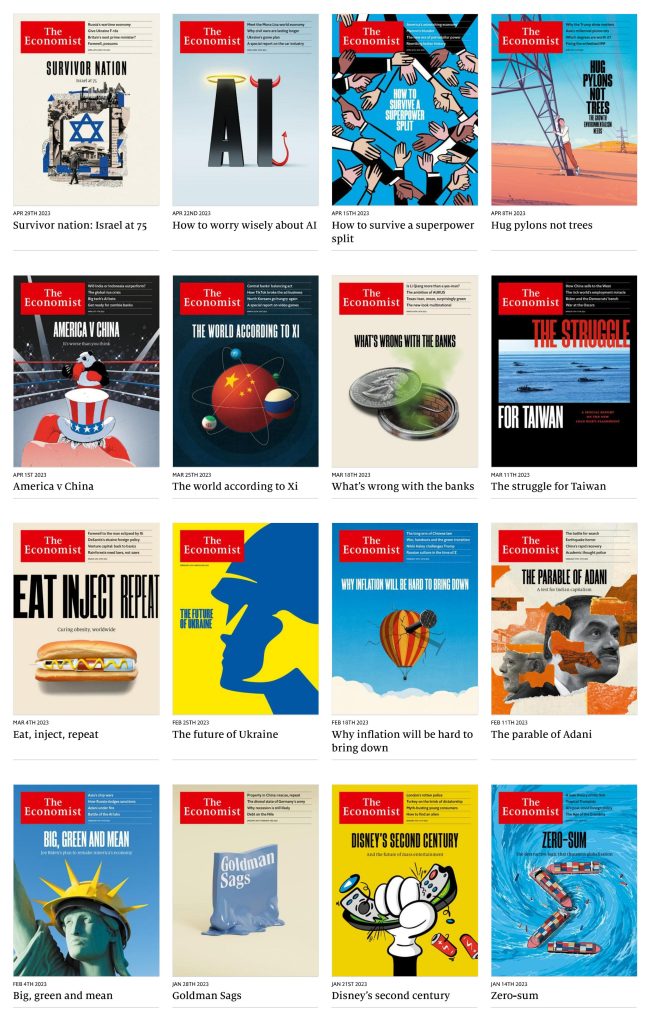
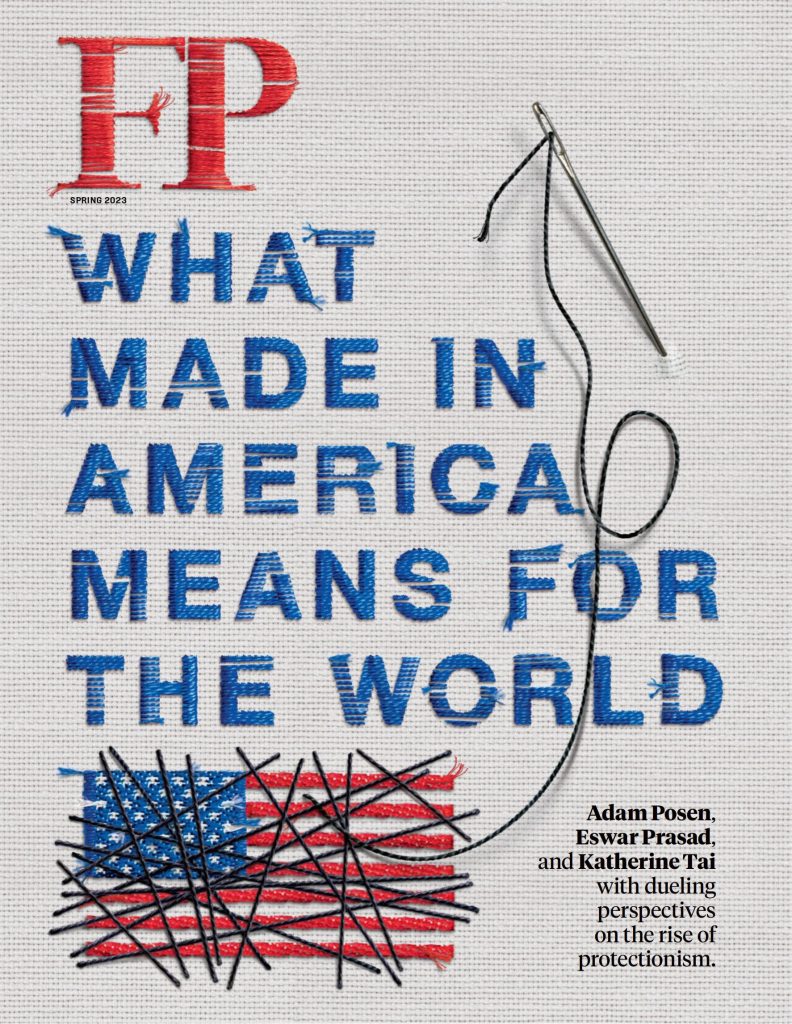
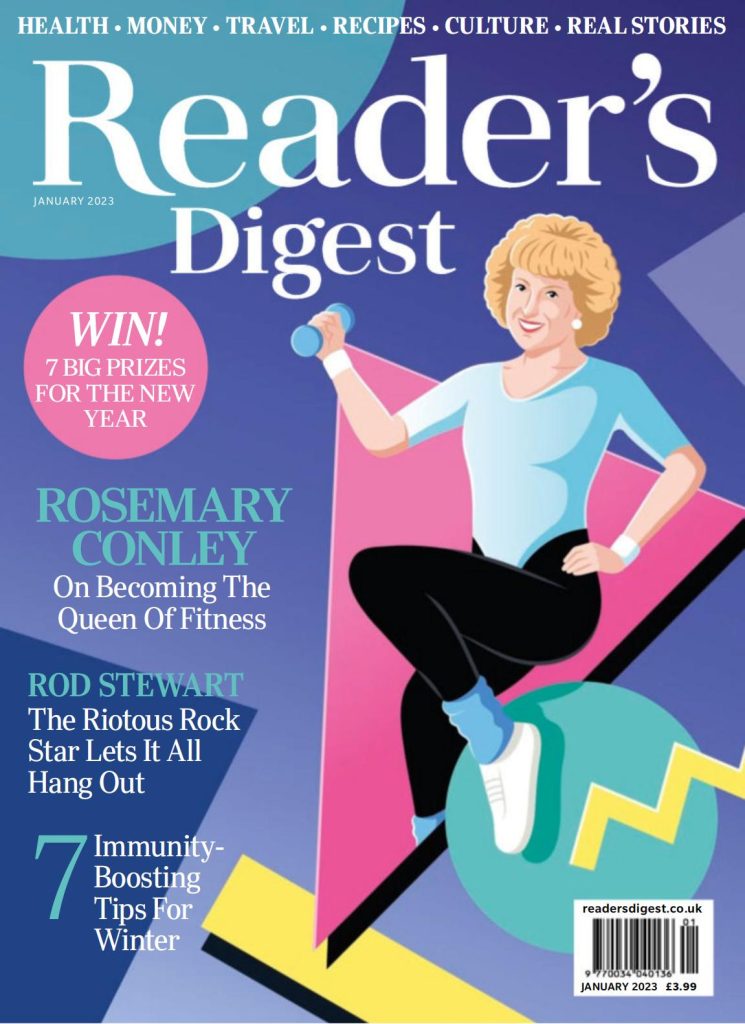

![National Geographic[美国]国家地理杂志电子版下载2023年合集pdf网盘资源-外刊兽-英语杂志电子版PDF下载网站](https://waikanshou.com/wp-content/uploads/2023/05/National-Geographic-USA-2023.01_00-704x1024.jpg)
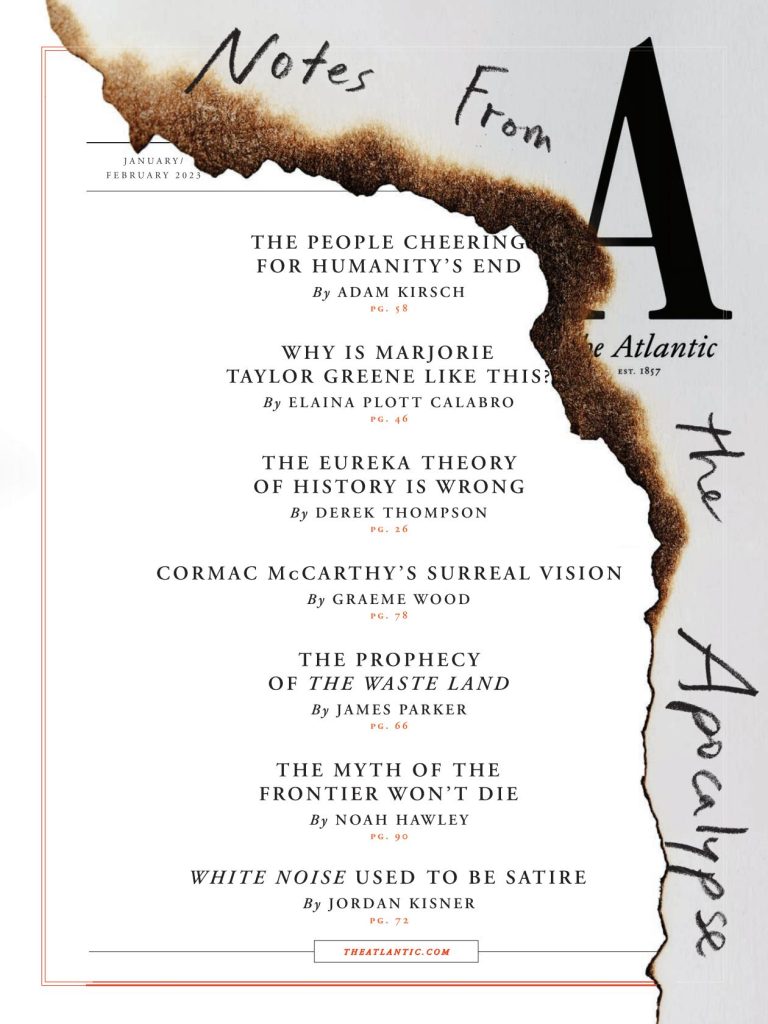



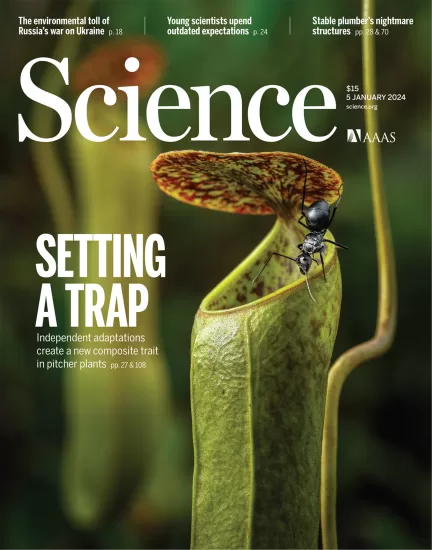


暂无评论内容